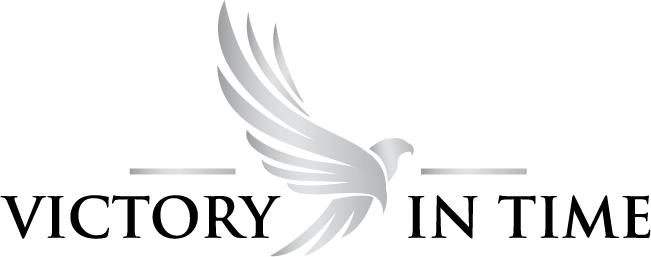- Are you feeling pressured to maintain and image of perfection?
- Have you struggled lately with being your authentic self in a difficult situation?
- Do you stress from hiding your mistakes to appear flawless?
If you answered yes to any of these questions, please read on.
I recently wrote a blog entitled, Choosing Your F-Word Carefully, where I revealed the error that I made when speaking at a large university. You may be wondering why I would do that instead of letting the video clips tell a perfect story. As an authentic leader, it is important to me to be transparent and honest with myself, my team, my audience. It’s easy for people to see through fake or exaggerated stories, and I believe that being genuine is what truly connects us as humans.
In our ceaseless quest for success, there’s one trait that often seems to fade into the background: Authenticity. Yet, it’s the very essence of a meaningful leadership approach.
Authenticity is not just about speaking your truth; it’s about maintaining unwavering commitment to your values, admitting when you’ve made a mistake, and constantly looking for opportunities to cultivate self-growth. Authenticity isn’t about portraying a perfect image, but about embracing progress over perfection, accepting our vulnerabilities and our strengths with equal grace.
When we’re authentic, we not only create an atmosphere of openness and acceptance within our teams; we also inspire others to embrace their genuine selves. This simple act can cultivate a sense of trust, unity and collaboration that simply can’t be replicated in an environment that doesn’t cultivate authenticity.
How do we start cultivating authenticity? It all begins with self-awareness. Recognizing and understanding our unique strengths, weaknesses, values and motivations. It’s about reflecting on our actions and decisions, and ensuring they align with our core principles. And it’s about leading with integrity, making decisions that not only benefit us, but also positively impact those around us.
Authentic leadership is not limited to just the workplace; it extends to all aspects of our lives. Being true to ourselves and leading with integrity can have a ripple effect, inspiring those around us to do the same. This creates a culture of authenticity that goes beyond the boundaries of an organization and into society as a whole.
Embracing progress over perfection also means accepting the fact that we will make mistakes. But it’s how we handle those mistakes that truly matters. Being transparent and owning up to our mistakes shows vulnerability, which in turn builds trust and respect with those around us.
In today’s fast-paced world, where success is often measured by external factors such as job titles and salary, it’s important to remember the value of being authentic. It allows us to connect with others on a deeper level, fosters genuine relationships, and ultimately leads to more fulfilling and impactful leadership.
So let’s make a conscious effort to prioritize progress over perfection in our leadership journey and our personal lives. Let’s strive for authenticity in all that we do, recognizing that it is not a final destination but a continuous journey of self-awareness, growth, and positive impact on those around us. Let’s be the change we wish to see in the world by leading with authenticity every step of the way.
However, this is not the end of our journey towards authentic leadership. It’s important to remember that while progress over perfection should be our guiding principle, it does not mean that we should become complacent or stop striving for improvement.
In fact, being authentic means constantly seeking opportunities to grow and evolve. This could involve seeking feedback from others, taking on new challenges, or continuously learning and expanding our skills.
Moreover, as leaders, it’s important to create a safe space for others to be their authentic selves. This means fostering a culture of trust, openness, and acceptance, where team members feel comfortable sharing their ideas, opinions, and even mistakes without fear of judgment.
Lastly, let’s also remember to extend the same authenticity and understanding towards ourselves, it is important to give ourselves grace. We are human after all and will inevitably make mistakes. Instead of being our own harshest critic, let’s practice self-compassion and use our mistakes as opportunities for growth, I call it “Living the Eagle Way”.
In the end, authenticity is not just a leadership approach, but a way of life. Let’s embrace it, continue to grow and evolve, and inspire others to do the same. Together, we can create a world where progress over perfection and authentic leadership are valued above all else.
So let’s keep moving forward, choose fearless over failure and remember faith first, not last and living the eagle way will lead to victory in time.

